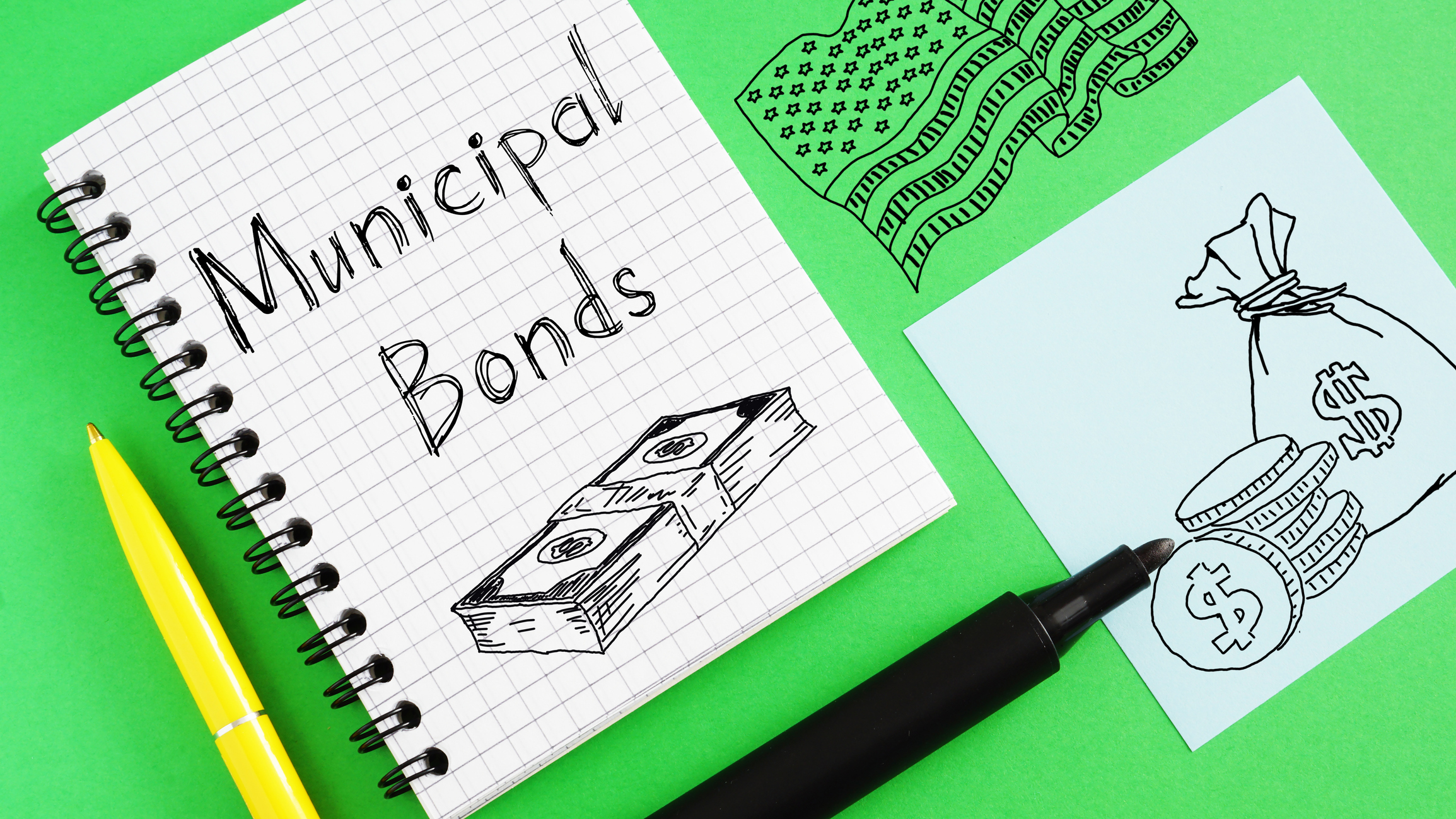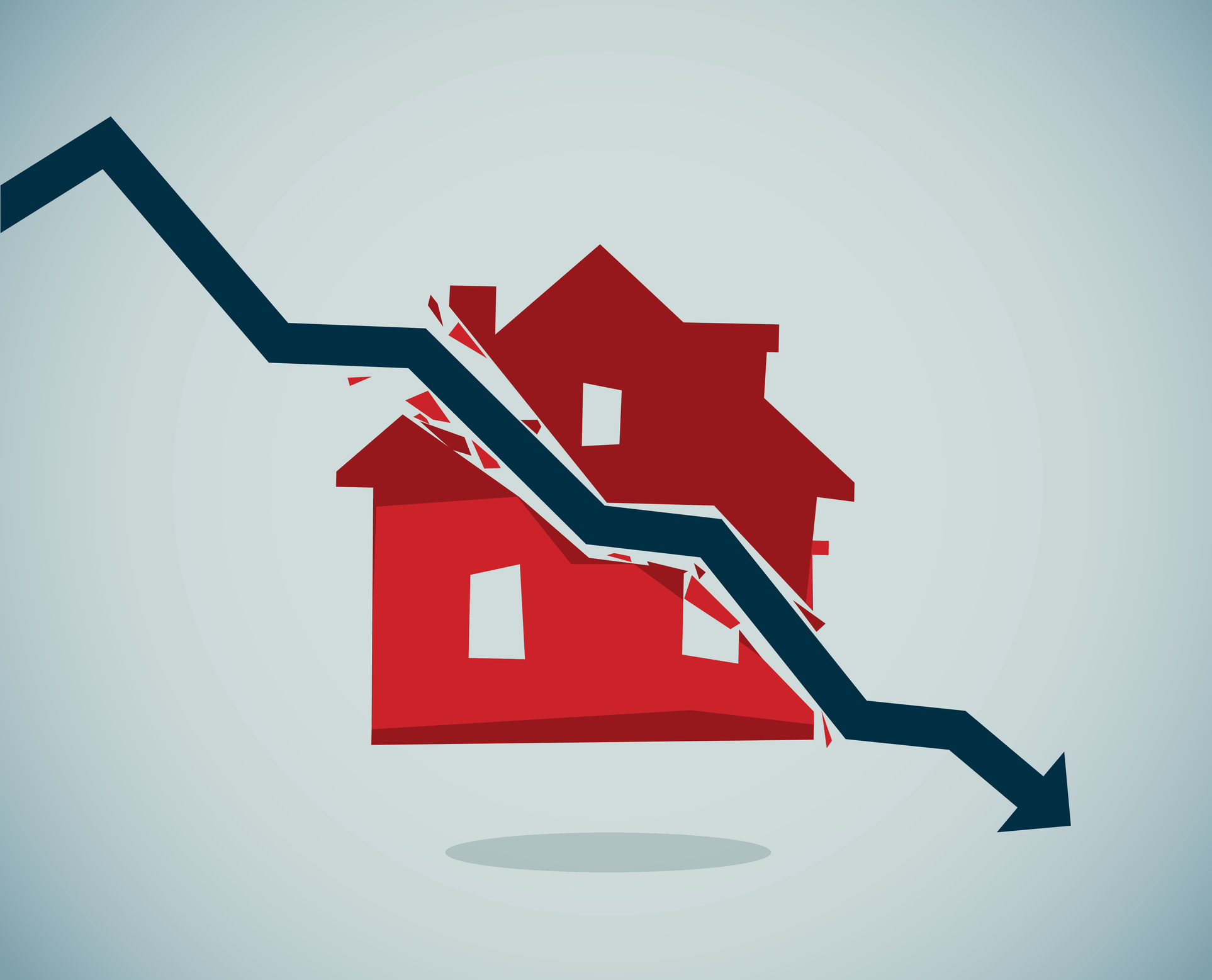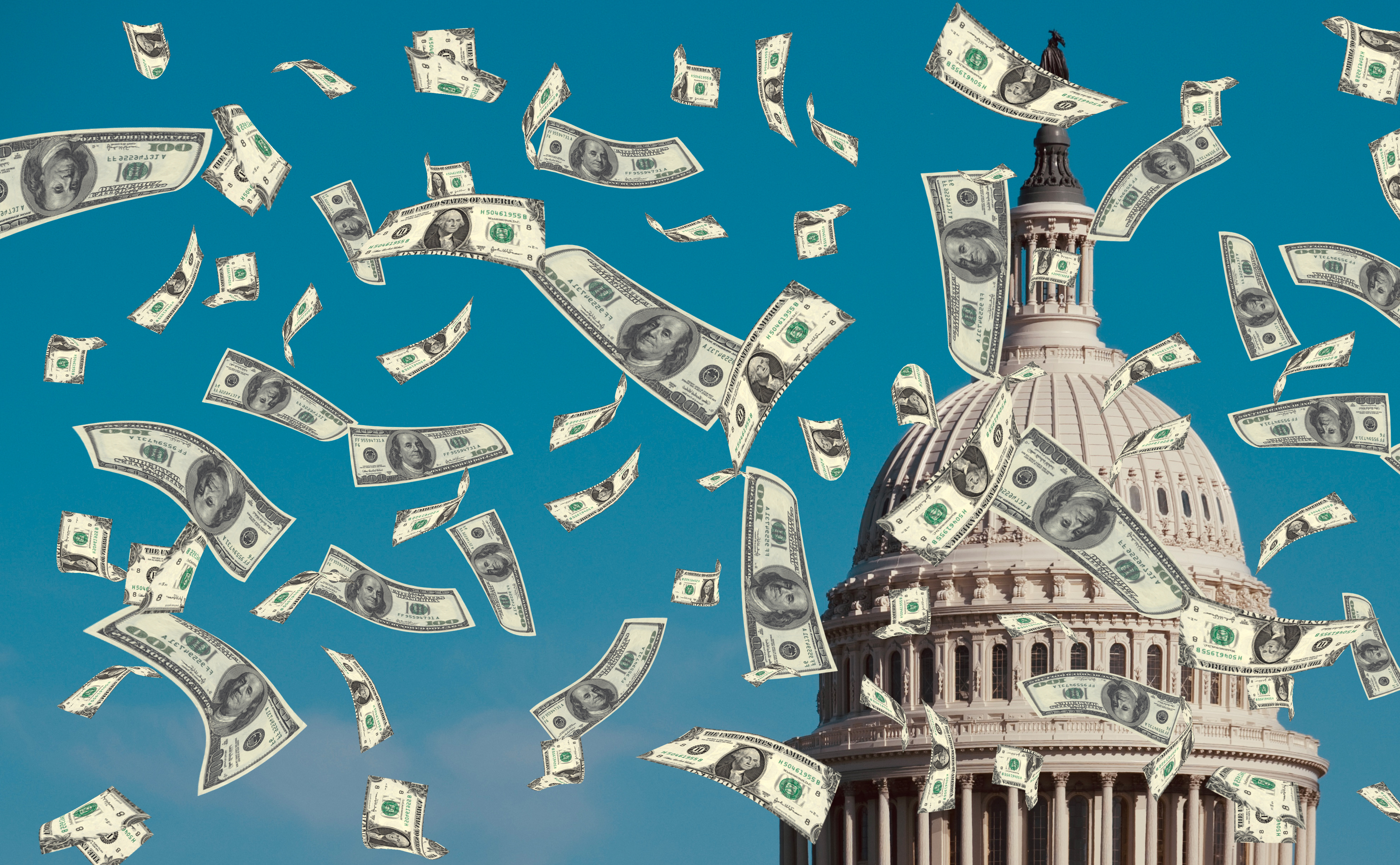Best States for Middle-Class Families Who Hate Paying Taxes
Here are the best states for middle-class families with "middle incomes" (due to low tax burdens).


Kate Schubel
If you hate paying taxes, and you want to keep more of your income, you might consider moving to one of these best states for "middle-class" families (states that have a relatively low tax burden for middle-income families).
After all, the cost of living for families considered to be “middle-class” is high enough as it is, and who doesn’t want to pay less taxes?
Best states for middle-class families: Low tax burden
Median salaries can differ greatly from state to state, so to find out which states have the lowest tax burden for households with middle incomes, we considered each state’s median annual salary. Then, we calculated the average annual tax spent for three main tax categories: state income tax, property taxes, and sales taxes on essential items (groceries, diapers, and feminine hygiene products).

Sign up for Kiplinger’s Free E-Newsletters
Profit and prosper with the best of expert advice on investing, taxes, retirement, personal finance and more - straight to your e-mail.
Profit and prosper with the best of expert advice - straight to your e-mail.
- Sales tax was not calculated for states that don't tax essentials at the state level.
- However, it is important to note that local sales taxes may apply.
- (See below for full details about the methodology Kiplinger used to rank the states for this story.)
The states with the lowest percentage of income spent on state taxes made our list. And here they are.
Wyoming
Median annual household income: $72,415
Percent of income spent on taxes: 2.26%
Wyoming taxes some essentials such as diapers and feminine hygiene products. Even so, no state income tax and reasonable property taxes (when compared to those in other states) place Wyoming as the highest rated on our list for middle-income households, when it comes to low tax burden.
- Average income tax: $0
- Median annual property taxes: $1,567
- Average sales tax for essentials: $71.81
- Total annual amount spent on taxes: $1,638.81
Nevada
Median annual household income: $76,364
Percent of income spent on taxes: 2.58%
Most states still tax diapers, and Nevada is one of them. However, the state has banned sales tax on some feminine hygiene products. No personal income tax and low property taxes relative to other states, make Nevada an overall tax-friendly state for middle-income families and households.
- Average income tax: $0
- Median annual property taxes: $1,884
- Average sales tax for essentials: $88.99
- Total annual amount spent on taxes: $1,972.99
Tennessee
Median annual household income: $67,631
Percent of income spent on taxes: 2.81%
Tennessee taxes diapers and feminine hygiene products. It is also one of 13 states that still tax groceries. However, the state does not have a personal income tax, and property taxes are on the low end when compared to those in other states, so Tennessee comes in at number three in our ranking.
- Average income tax: $0
- Median annual property taxes: $1,356
- Average sales taxes on essentials: $541.84
- Total annual amount spent on taxes: $1,897.84
Florida
Median annual household income: $73,311
Percent of income spent on taxes: 3.25%
Florida has no personal income tax. Additionally, a Florida tax relief bill eliminated the state sales tax on numerous baby and toddler essentials, including diapers, baby wipes, and strollers. The bill also eliminated sales tax on some feminine hygiene products. Average property taxes are not extremely high, but they aren’t extremely low either as compared to those in other states. Florida doesn’t tax groceries.
- Average income tax: $0
- Median annual property taxes: $2,386
- Average sales tax on essentials: $0
- Total annual amount spent on taxes: $2,386
North Dakota
Median annual household income: $76,525
Percent of income spent on taxes: 3.65%
North Dakota does have a personal income tax, but the rates for middle-class households are low compared to most other states that impose income tax. North Dakota property taxes may soon be eliminated, but in the meantime are reasonable. The state no longer taxes diapers. North Dakota still imposes a sales tax on feminine hygiene products, but overall, it’s still one of the best states for middle-income families when it comes to paying less taxes.
- Average income tax: $480
- Median annual property taxes: $2,294
- Average sales tax on essentials: $16.90
- Total amount spent on taxes: $2,790.90
South Dakota
Median annual household income: $71,810
Percent of income spent on taxes: 4.09%
South Dakota taxes essential items, including diapers, feminine hygiene products, and even groceries. Property taxes in South Dakota are not very low either compared to those in other states. But because the state has no state income tax, South Dakota makes the number six spot for tax-friendly states for middle-income families and households.
- Average income tax: $0
- Median annual property taxes: $2,496
- Average sales tax on essentials: $441.30
- Total amount spent on taxes: $2,937.30
Alaska
Median annual household income: $86,631
Percent of income spent on taxes: 4.26%
Alaska doesn’t have a personal income tax, and it doesn’t have a statewide sales tax either. However, local tax tax jurisdictions may tax groceries, diapers and feminine hygiene products. Alaska winds up toward the middle of our ranking due to its high property taxes.
- Average income tax: $0
- Median annual property taxes: $3,687
- Average sales tax on essentials: $0
- Total amount spent on taxes: $3,687
Arizona
Median annual household income: $77,315
Percent of income spent on taxes: 4.44%
Arizona has a state income tax. The state also taxes diapers and feminine hygiene products. But there is no state tax on groceries, and Arizona’s average property taxes aren’t very high compared to those in other states, so Arizona takes the number eight spot on this list.
- Average income tax: $1,546
- Median annual property taxes: $1,786
- Average sales tax on essentials: $100.56
- Total amount spent on taxes: $3,432.56
Washington
Median annual household income: $94,605
Percent of income spent on taxes: 4.50%
Washington has high property taxes when compared with other states. Washington taxes diapers, too, but the state still makes this list since the state has no personal income tax.
- Average income tax: $0
- Median annual property taxes: $4,158
- Average sales tax on essentials: $102.06
- Total amount spent on taxes: $4,260.06
Texas
Median annual household income: $75,780
Percent of income spent on taxes: 5.11%
Texas does not impose a state income tax, and the state no longer taxes essentials either. Still, higher property taxes cause the Lonestar State to barely make this list, at number ten. However, voters recently approved a new Texas property tax relief measure that might give the state a more favorable ranking in the future.
- Average income tax: $0
- Median annual property taxes: $3,872
- Average sales tax on essentials: $0
- Total amount spent on taxes: $3,872
Median annual household salaries for each state were collected from the latest U.S. Census Bureau data (the most recent 1-year estimate available). Personal income taxes were calculated using an ADP salary calculator. We used monthly pay periods and did not consider extra withholdings or allowances. Income taxes paid vary from filer to filer and can depend on your income, filing status, and the number of credits and deductions you qualify for when filing your taxes.
Total average grocery costs were calculated by taking the average yearly cost per person per state, and multiplying by the national average persons in a household, as reported by World Population Review. The average monthly diaper expense is based on estimates from the National Diaper Bank Network. The average cost of feminine hygiene products was taken from the National Organization for Women. We used sales tax rates (average combined local and state sales tax rates) provided by the Tax Foundation to calculate the average sales taxes spent on essential items. Tax spent on essential items may be higher than $0 in some localities, even if essentials aren't taxed at the state level.
The data for median annual property taxes paid is from PropertyShark and is based on data provided by the U.S. Census Bureau.
Average taxes spent were added for each state to find the total percentage of household income paid to state taxes. Dollar amounts were rounded to the nearest cent. Percentages are rounded to the nearest hundredth of a percent.
To determine what “middle income” (what is also referred to in this story as "middle-class") means, the median household income for each state was used. However, the definition of “middle-income” can vary greatly. For purposes of this ranking, “family” means any household with at least one adult still raising at least one child. The amount of taxes paid can vary depending on several factors, including family size and the number of adults in the household who work.
Related Content
Profit and prosper with the best of Kiplinger's advice on investing, taxes, retirement, personal finance and much more. Delivered daily. Enter your email in the box and click Sign Me Up.

Katelyn has more than 6 years of experience working in tax and finance. While she specialized in tax content while working at Kiplinger from 2023 to 2024, Katelyn has also written for digital publications on topics including insurance, retirement, and financial planning and had financial advice commissioned by national print publications. She believes knowledge is the key to success and enjoys providing content that educates and informs.
- Kate SchubelTax Writer
-
 13 Answers to Pressing Social Security Questions
13 Answers to Pressing Social Security QuestionsFrom smart claiming strategies for couples to tips on maximizing your monthly check, we have advice that can help you.
-
 Keep Tax Collectors at Bay with Muni Bond Funds
Keep Tax Collectors at Bay with Muni Bond FundsMunicipal bonds can be good insurance against inflation — and interest is tax-free. But as with all investments, understanding risk is key.
-
 2025 SALT Cap Could Hurt Top 'Hidden Home Cost'
2025 SALT Cap Could Hurt Top 'Hidden Home Cost'Tax Deductions The latest GOP tax bill might make hidden homeowner costs worse for you. Here’s how.
-
 Retire in the Bahamas With These Three Tax Benefits
Retire in the Bahamas With These Three Tax BenefitsRetirement Taxes Retirement in the Bahamas may be worth considering for high-net-worth individuals who hate paying taxes on income and capital gains.
-
 2025 Virginia Tax Rebate Checks Coming Soon? What to Know Now
2025 Virginia Tax Rebate Checks Coming Soon? What to Know NowTax Rebates Given a historic 2025 gubernatorial race, tax policy will remain a key issue for Virginians in the months ahead.
-
 Summer Backyard Ideas With Added Tax Benefits for 2025
Summer Backyard Ideas With Added Tax Benefits for 2025Tax Tips Find out how these summer 2025 home projects can help you save on taxes next year.
-
 Coverdell ESAs vs. 529 Plans: Which Should You Choose?
Coverdell ESAs vs. 529 Plans: Which Should You Choose?Savings Accounts These savings accounts can offer tax benefits for school and retirement expenses. Here’s how.
-
 Homeschoolers Could Soon Save on Expenses With 529 Plans
Homeschoolers Could Soon Save on Expenses With 529 PlansSavings Accounts A new House GOP bill could change how you save for your child's homeschool education. Find out how.
-
 Five ‘Big Beautiful Bill’ Tax Changes to Watch in the Senate
Five ‘Big Beautiful Bill’ Tax Changes to Watch in the SenateTax Policy The House passed its version of Trump’s "One Big, Beautiful Bill." Here’s what to look for as Senate Republicans take up the mega legislation.
-
 New GOP Car Loan Tax Deduction: Which Vehicles and Buyers Qualify
New GOP Car Loan Tax Deduction: Which Vehicles and Buyers QualifyTax Breaks To fulfill Trump's campaign promise, GOP lawmakers want to offer a tax deduction for car loan interest. How would it work?